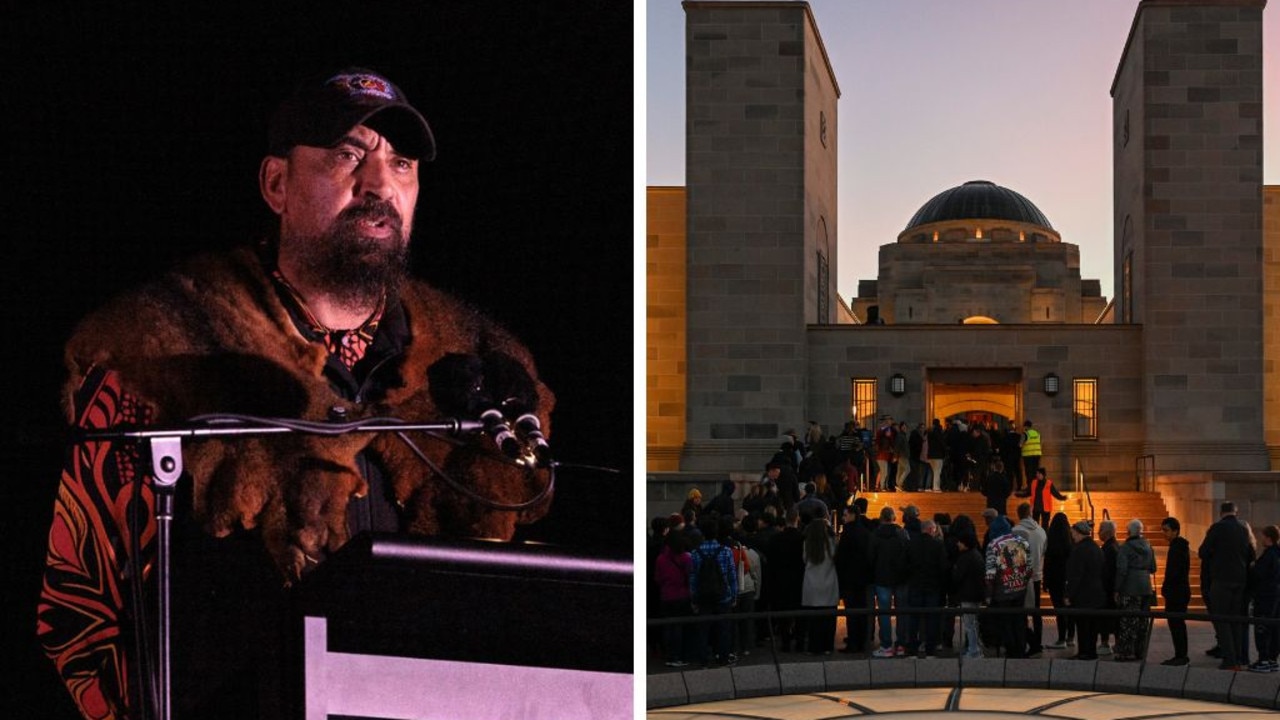Felicity Urquhart tells how daughter explained dad’s suicide
Country music star Felicity Urquhart has revealed the heartbreaking way her daughter explained her dad’s suicide to her little sister.
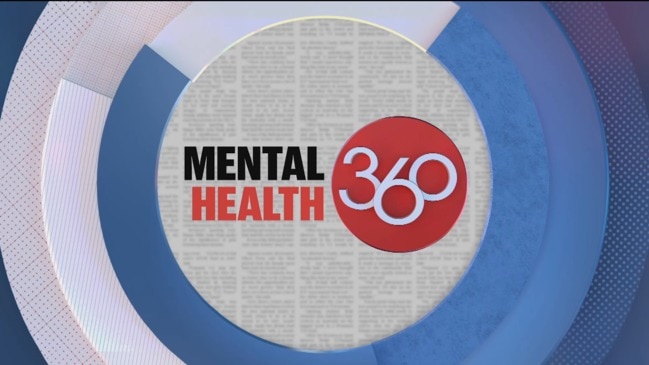
National
Don't miss out on the headlines from National. Followed categories will be added to My News.
Tia Urquhart was just eight when she lost her dad to suicide and had to explain to her younger sister Ellie she was not to blame for her father’s death because “Dad’s brain was like a computer and a virus came in and just took his brain and that’s just how it is”.
Their mother – country music star Felicity Urquhart – also had to rebuff well-meaning relatives who wanted her two young girls to be given a mental health plan and put on antidepressants when she knew the best cure for their problems was simply to talk about what they were feeling.
Now aged 10 and eight the daughters are helping out their classmates whose parents are undergoing cancer treatment and supporting each other.
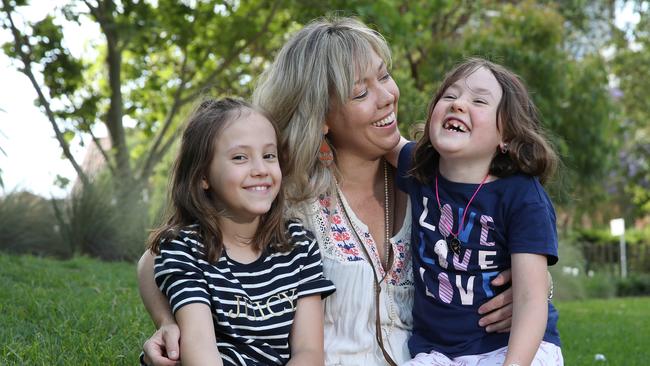
Urquhart, 45, said being able to talk about mental distress with family as well as people their own age was crucial for building mental resilience in children.
The children are encouraged to look at photos and watch videos of their dad who was a gifted musician and music producer and understand that it’s normal to have days when you feel “yucky”.
Urquhart desperately wishes her much-loved husband Glen Hannah had spoken to her or a myriad of friends about how he was feeling before he took his own life.
“It (their father’s death) will never disappear. I have encouraged the girls to take it as part of their, their story and their armour and it will mould them and be part of their story as they become stronger women, as they grow up and everyone has a story as at that’s even what the kids have said now,” she said.
It was “absolutely frightening” to learn a new survey from UNICEF had found Australia’s young people had the highest rate of mental disorders in the world, the multi award-winning music star and radio presenter said.
One in every five children aged 10-19 in Australia has a mental disorder, well ahead of the world average of 13 per cent and the US (17.7 per cent), the UK (16.2 per cent) Bangladesh (9.6 per cent) and Vietnam (9.8 per cent).
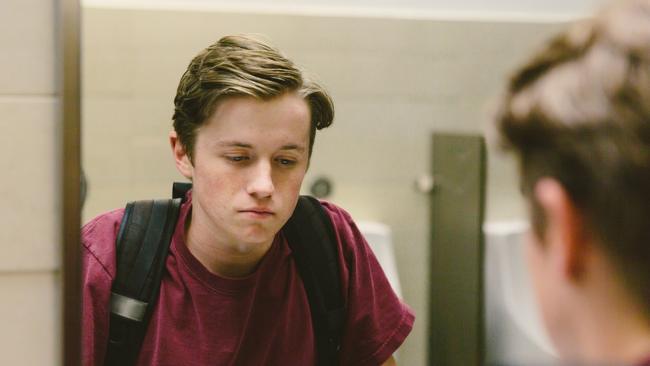
It comes after another international agency, the UN Committee on the Rights of the Child, found in 2019 Australia had one of the highest rates of children diagnosed with ADHD in the world and called for an urgent review and tougher controls on prescriptions of psychostimulant drugs.
Worldwide 166 million kids aged 10-19 suffered a mental disorder and 46,000 children end their own lives every year – about 1 every 11 minutes – the UNICEF report found.
The report calculates the annual loss in human capital arising from mental health conditions in children aged 10–19 is US$387.2 billion.
Real world social and economic problems like poverty, discrimination, gender bias rather than ill health are identified by the report as the main causes of mental distress.
Key interventions, such as challenging stigmas, supporting parents, creating caring schools, working across sectors, building robust mental health workforces, and establishing policies that encourage investment and lay a solid foundation for mental health and wellbeing are the solutions.
Exposure to at least four adverse childhood experiences like physical and emotional abuse, chronic neglect and violence is strongly associated with mental health issues the report found.
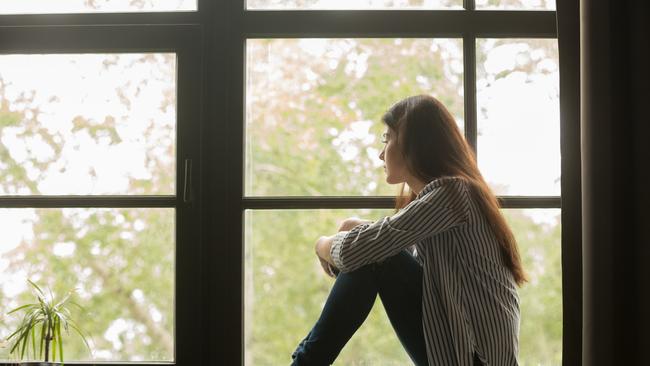
Adelaide University child psychiatrist Professor Jon Jureidini said it was not clear how the data in the UNICEF report was gathered and why Australia ranked so high.
The fact we were the highest use of mental health drugs in young people and had the highest incidence of mental disorder that “suggests that drugs aren’t doing a very good job”, he said.
Lasting solutions to mental health problems needed a focus on housing security, food security, freedom from violence, he said.
Former Australian of the Year psychiatrist Professor Patrick McGorry said there had been a 30 per cent rise in young people seeking help for mental disorders and thousands of young people were waiting months for access to Headspace centres.
While recent suicide data showed it had not increased overall during the Covid pandemic among 10-14 year olds it had risen by 50 per cent, he said.
Research showed climate change, the casualisation, the insecurity, instability of the lives of young people, rising house prices, the commodification of education through university fees and all these other financial burdens were behind the rise of youth mental health problems, he said.
Need help?
Lifeline 13 11 14
Kidsline 1800 55 1800





